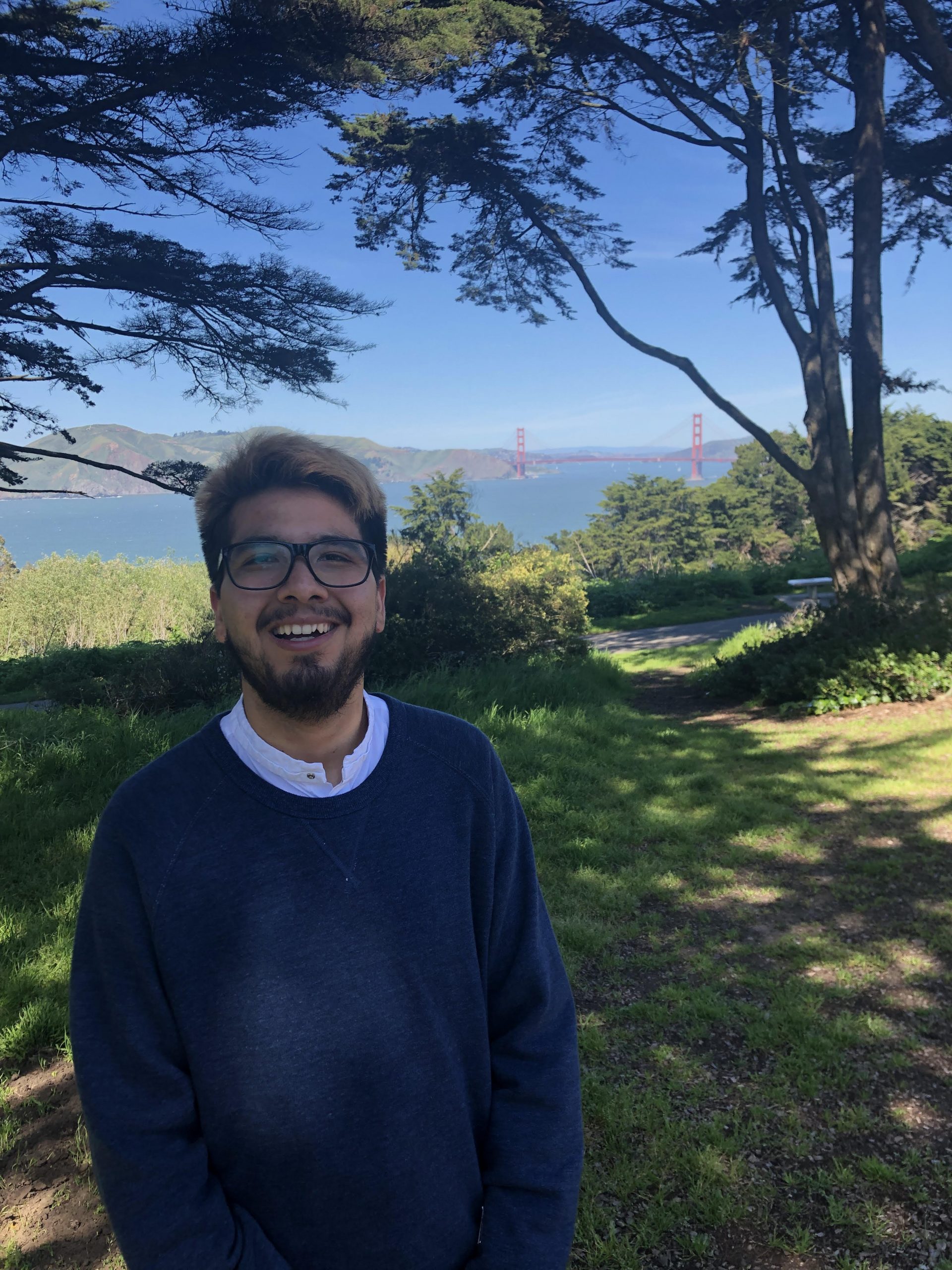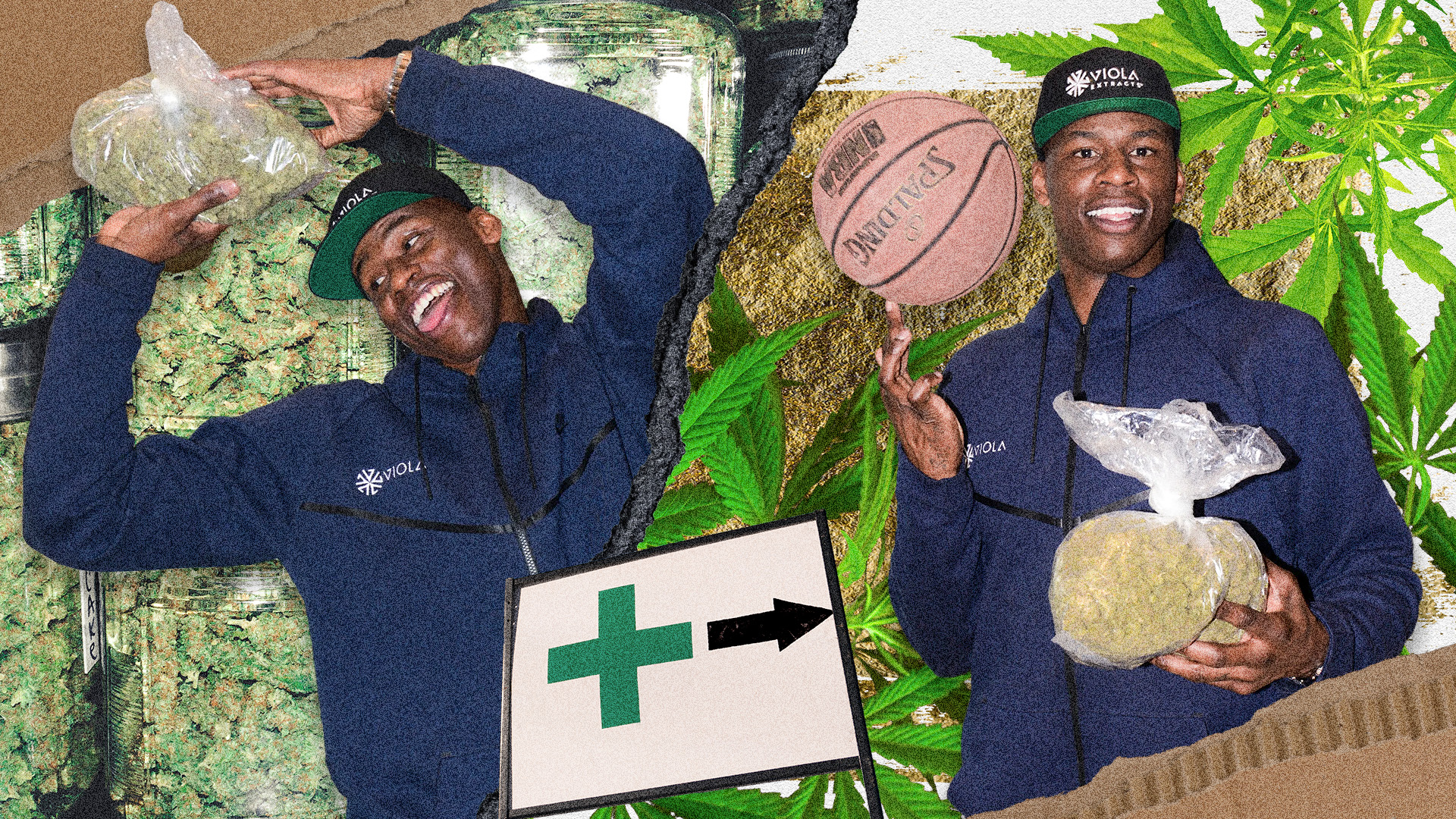Al Harrington is no stranger to the consequences of cannabis prohibition and the many injustices it upholds.
Before his illustrious 12-year NBA career, Harrington spent his childhood in Orange, New Jersey. By the time he was 9, Harrington had already become accustomed to the meritless police searches that stemmed from prohibition. Harrington recalled one of these searches in a 2022 interview with Forbes.
After school, Harrington and his friends headed over to a bodega on the corner of Tremont Avenue and Scotland Road — as they did most days. They set up for a game of kickball, looking to unwind after a day of classes. Unfortunately, their time was cut short as “3 or 4” police cars rolled up on the group of kids. A mob of cops jumped out, hands on their guns. Harrington says they ordered him and his friends against the wall before searching them. Harrington remembers feeling immense fear at the time, “not knowing if they’re going to lock you up.”
Incidents like these, however, did not stop Harrington from later embracing cannabis.
From NJ to the NBA: How Al Harrington Became A Cannabis Activist
In fact, his time in the NBA actually showed him just how important the plant was to the mental and physical health of many of the players he looked up to.
Harrington shared the story of when he came to this realization while fulfilling his rookie duties on the All The Smoke Podcast. Harrington said, “That’s when I realized that successful players in the league smoke weed,” Harrington continued. “Because I was the rookie. I used to get sent to go buy blunts and all that type of stuff.”
However, Harrington’s cannabis use grew beyond just initiation traditions. Harrington began using topical cannabis cream on his knees after a knee operation while playing for Denver in 2012 left Harrington in severe pain. Unlike the anti-inflammatories he’d been taking for years, Harrington found tremendous relief that allowed him to enhance his game.
Harrington’s experiences with police discrimination and his discovery of cannabis’ many beneficial properties shaped him into the staunch activist he is today. His foray into the cannabis industry, however, would not have occurred if not for his grandmother, Viola.
Al Harrington Dedicates Cannabis Business to Grandma
Harrington’s personal experience may have opened his eyes to the benefits of medical cannabis, but it wasn’t until he encouraged his grandmother to use medical marijuana that Harrington hard-launched into the industry.
In 2011 — as Harrington was reaching the end of his NBA career — he had a conversation with his grandma that would change everything. Hearing his grandmother Viola complain about her glaucoma, Harrington remembered reading about how cannabis can help individuals with the condition. Viola, a traditional Southerner who loved the bible, however, was not easy to convince.
Why You Should Get Your Medical Marijuana Card
Veriheal has satisfied millions of patients nationwide by giving them access to these benefits
- Larger purchase limits
- Peace of mind
- Enhanced legal protection
- Access to higher potency strains
- Save up to 25% on cannabis purchases
- Skip the line at the dispensary
Viola’s tune quickly changed after waking up in glaucoma-related pain the next morning. Eager to help, Harrington sent his friend to grab a vaporizer and some bud for his grandma. Harrington showed his grandma the basics, and Viola was taking some puffs in no time.
Harrington went to take a nap and woke up to check on her, not knowing what to expect. He opened the door to her room and saw her sitting on a chair. He turned her around and saw her face covered in tears. As Harrington describes it, “She’s crying tears and said, ‘I’m healed. I haven’t been able to read the words in my Bible for over three years.”
Inspired by the positive effect cannabis had on his grandma’s quality of life, Harrington decided to bring that healing to the masses. In 2012, Harrington and his friend Dan Pettigrew started growing medical cannabis in Denver. When it was time to start selling, Harrington thought it appropriate to name his company after his grandmother, Viola.
Long Shot: What It Means To Be A Black-Owned Cannabis Business
Al Harrington’s Viola brand sells everything from flower to concentrates to pre-rolled joints. The company currently operates in 6 states — California, Colorado, Michigan, Oklahoma, Oregon, and Washington — and has no plans to stop growing. The company recently raised over $13 million from investors to expand into emerging markets in Illinois, Maryland, his hometown of New Jersey, and Pennsylvania.
Viola’s success makes Harrington somewhat of a unicorn in a cannabis industry where only 2% of companies are Black-owned. Harrington is well aware of this massive discrepancy saying: “How can [the policing of] this drug have done so much harm in our communities and now is a multibillion-dollar industry and not only are we not in position to participate, but we’re still locked up because of it?”
In an effort to right this massive injustice, Viola is doing its part to bring more Black and Brown entrepreneurs into the thriving industry. The brand launched its incubator program two years ago providing underrepresented entrepreneurs the opportunity to access the resources needed to start a cannabis business.
Since starting its program, Viola has invested around $700,000 into four companies, including: vape and pre-roll company Mezz, THC-infused butter maker Butter Baby, and hemp company Gold Standard Farms. In Los Angeles, meanwhile, Harrington invested close to $1 million to help social equity applicants pay for the costly process involved in receiving a cannabis dispensary license.
Author, Share & Comments
















